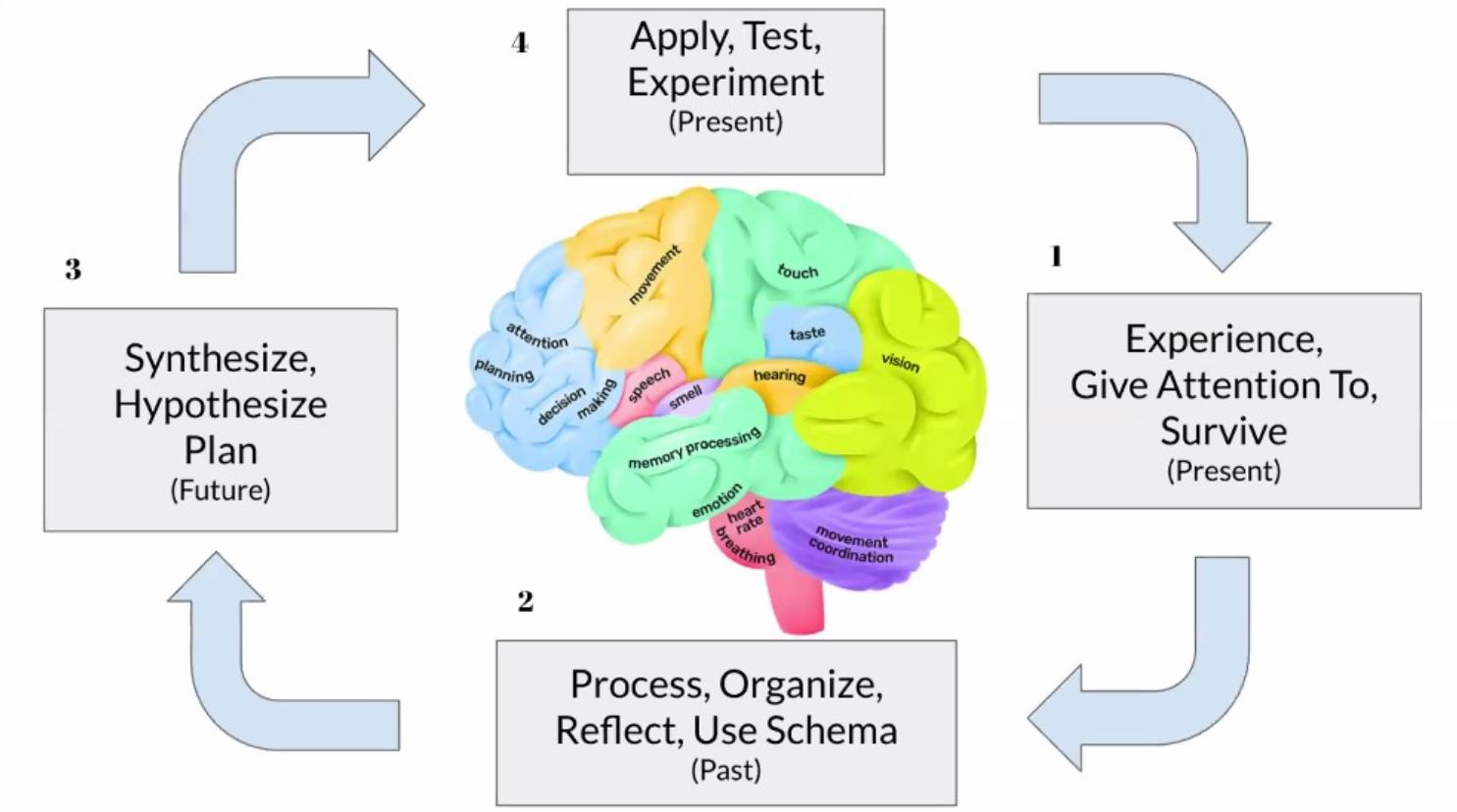Research-Backed Practices to Impact Students' Academic and Social-Emotional Growth
Educators shared research-backed strategies for promoting student learning based upon cognitive science.

Too often classes in education don’t consider the way humans actually learn, said Steve Oertle during a recent Tech & Learning webinar.
“I find so many classes that folks take, bachelors, masters, doctoral . . . don’t consider the brain,” said Oertle, who is the assistant superintendent at Roxana CUSD #1 in Illinois.
The webinar was hosted by Dr. Kecia Ray and also featured Chris Hull, a former classroom educator and current president and co-founder of Otus, a student growth platform.
Watch the full webinar here.
Key Takeaways
Repetition and Repetition in Different Contexts
“Lesson number one from neurology is we need lots and lots of repetition in anything that we do to have the best shot at it being permanent,” Oertle said.
“The second lesson in terms of neurology, really is those multiple repetitions that come in learning should come in a variety of different contexts. In other words, if you're constantly saying something the same exact way and that is the sort of repetition you get, you're building a really strong neural-to-neural connection but there's only one way in and one way out.”
Tools and ideas to transform education. Sign up below.
Providing repetition in different contexts will strengthen neural connections and give students more ways to access the knowledge, Oertle said. “So they've got an on-ramp here and an on-ramp here and an on-ramp here, so that no matter how they come to whatever that skill is, or that knowledge is, they have a myriad of ways to connect to that super-fast highway that we've built through repetition.”
The Four Stages of Learning
Cognitive scientists have found that learning happens primarily in four stages:
Experience. “Learning has to start with some sort of experience and that is brought into you through your five senses,” Oertle said.
Process, Organize. “You bring a new experience in, your brain has to be able to file and organize that information in terms of, 'What do I do with this? Do I purge it? Is it important? Is it relevant? What do I know from my past that I can actually file this against in terms of my past experiences?'”
Synthesize, Hypothesize, Plan. “Once that information is organized based upon your prior experience or your prior knowledge, you move to the frontal lobe, which is really where we synthesize, analyze, and hypothesize. What are we going to do with this information? If it's relevant, how am I going to use it?” Oertle said.
Apply, Test/Experiment. After new knowledge has gone through the first three steps, it is time for a learner to assess how they will use this knowledge, Oertle said. “I'm going to test it. I'm going to write something, I'm going to explain something. I'm going to present something. I'm going to attempt a skill.”
The final testing process provides a new experience that causes the student to reflect and starts the whole process over again, Oertle says.
Active Learning and Data
Otus is designed to facilitate efficient learning. “Learning is an act that requires effort,” Hull said. “We really gather the information about a kid, we visualize it so it can be acted upon. So the focus can be on learning. That's what my focus was as a teacher.”
This data can help power other important teaching strategies such as active learning that promotes student voice and choice. “The more choice you can have, the more empowered learners are,” Oertle said. “There is a lot of research out there that points to high-effect exercises when students are the ones doing the talking and doing the doing as opposed to the teacher talking. Unfortunately, there's also research out there that is the non-exemplar that shows that 80% to 90% of most classrooms, at least in the United States are teacher voice. That's a lot of teacher's voice.”
This is one of many areas in which educators can use more science-based practices in their teaching. “Potentially, the students aren't doing as much learning as they could be if they were the ones discussing talking and having voice and choice in the classroom,” Oertle said.
Erik Ofgang is a Tech & Learning contributor. A journalist, author and educator, his work has appeared in The New York Times, the Washington Post, the Smithsonian, The Atlantic, and Associated Press. He currently teaches at Western Connecticut State University’s MFA program. While a staff writer at Connecticut Magazine he won a Society of Professional Journalism Award for his education reporting. He is interested in how humans learn and how technology can make that more effective.

